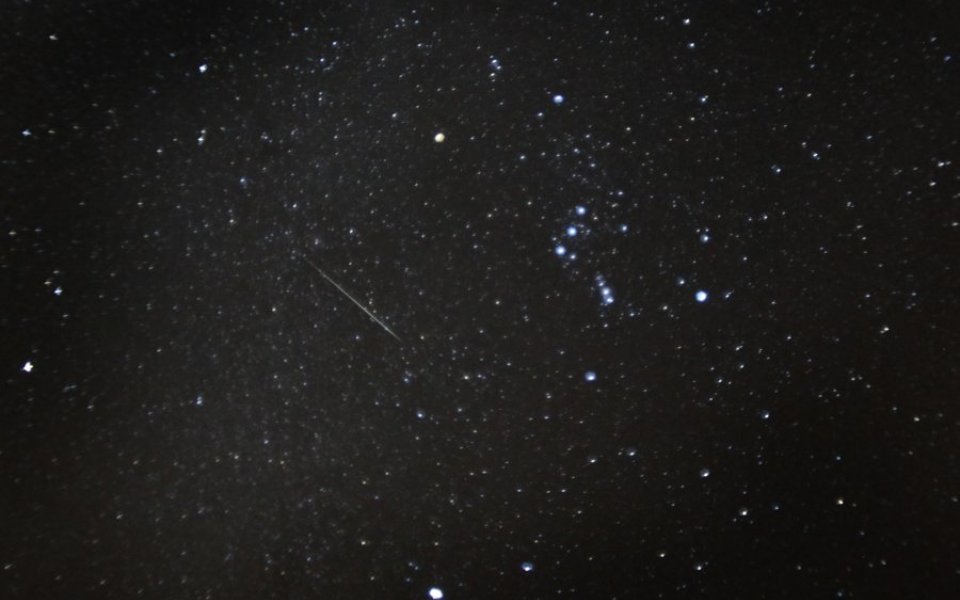Geminid meteor shower 2015: What causes it, where can I see it and when will it be at its peak?

This evening, lots of shooting stars will appear in the sky, and will continue lighting it up for a good two weeks.
The Geminid meteor shower is due to make its annual appearance over our heads from 4 to 17 December, and this year it promises to be as impressive as ever.
At their peak of activity, the Geminids create around 100 shooting stars every hour, so if you stand outside for any length of time you're unlikely to be disappointed. Here's what you need to know about the yearly phenomenon.
What causes the Geminid shower?
Humans see the Geminid shower when the Earth passes through the orbit of asteroid 3200 Phaethon, which happens every December.
Read more: What you need to know about the 2015 Perseid meteor shower
The shooting stars are caused when debris from the asteroid crashes into the Earth's upper atmosphere and starts to vaporise.
Why are they called the Geminids?
The meteors inherit their name from Gemini, because if you trace the paths of the Geminid meteors backwards, they all appear to radiate from the constellation.
Where can the shower be seen?
No matter where you are on the planet, you'll be able to see the Geminids. To get the most out of the experience, go somewhere with little pollution and where your view won't be obscured by clouds or high buildings. As long as you have a dark, open sky, you'll be just fine.
Read more: 2015 Orionid Meteor Shower: When is it, what is it and where can I see it?
A big bonus of the December Geminid shower is that it is one of the biggest and most reliable meteor showers of the year. So if you're only going to look at one shower in the next 12 months, this one would be a good choice.
When is the best time to watch it?
While the shower will take place for two weeks, it may be hasty to spend hours star gazing tonight – the shooting stars vary in frequency, and it's towards the end of the period that they come in their biggest numbers.
Scientists predict that this year, the peak of the Geminid shower will be on Monday 14 December.